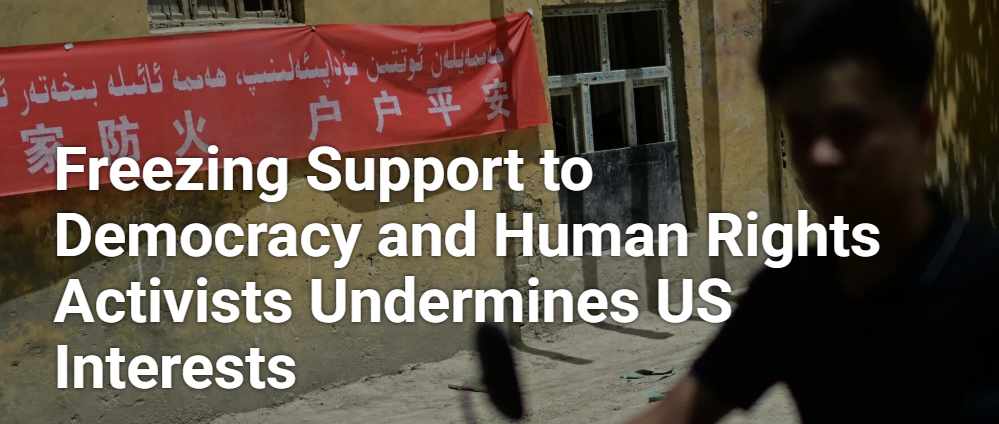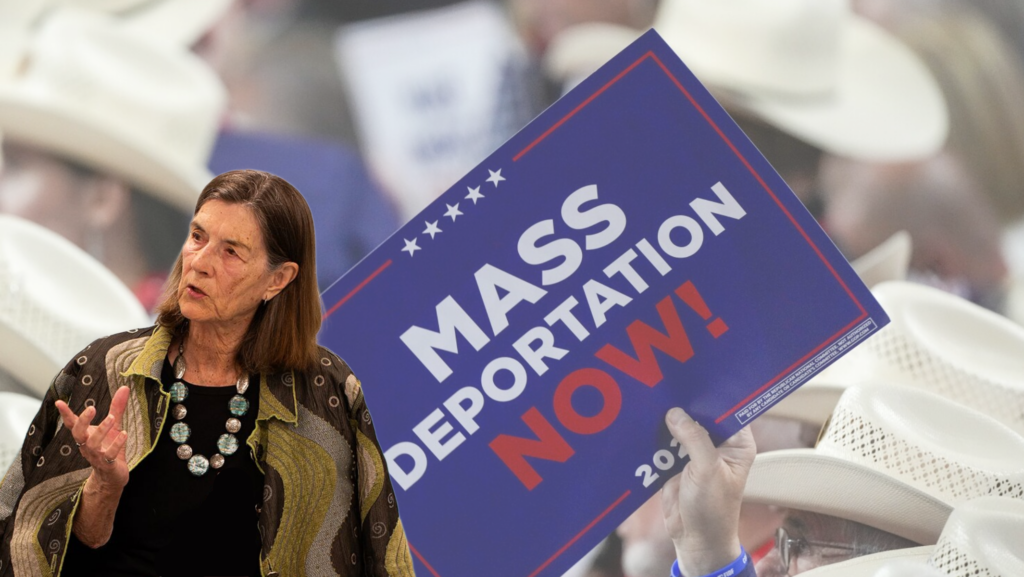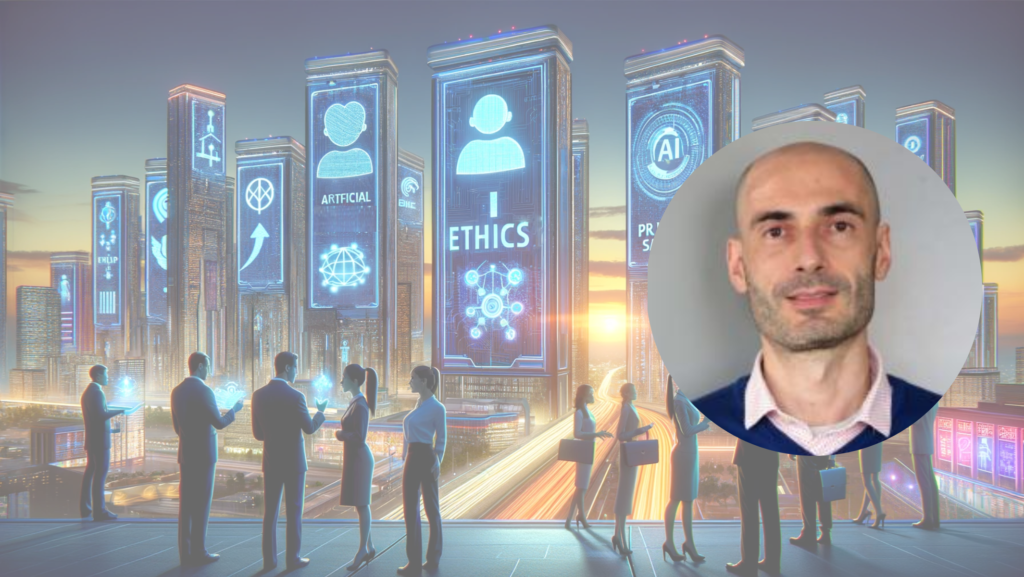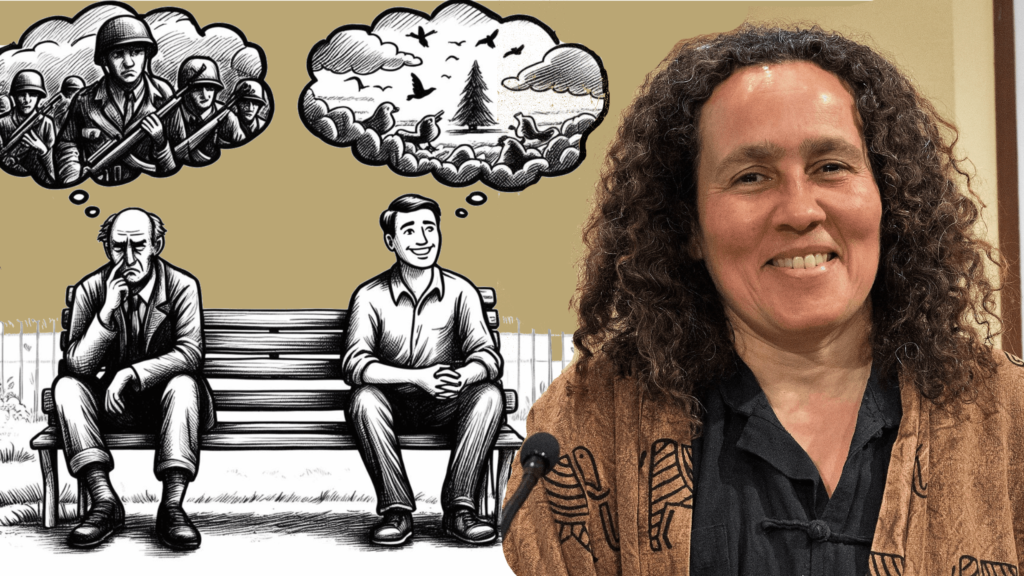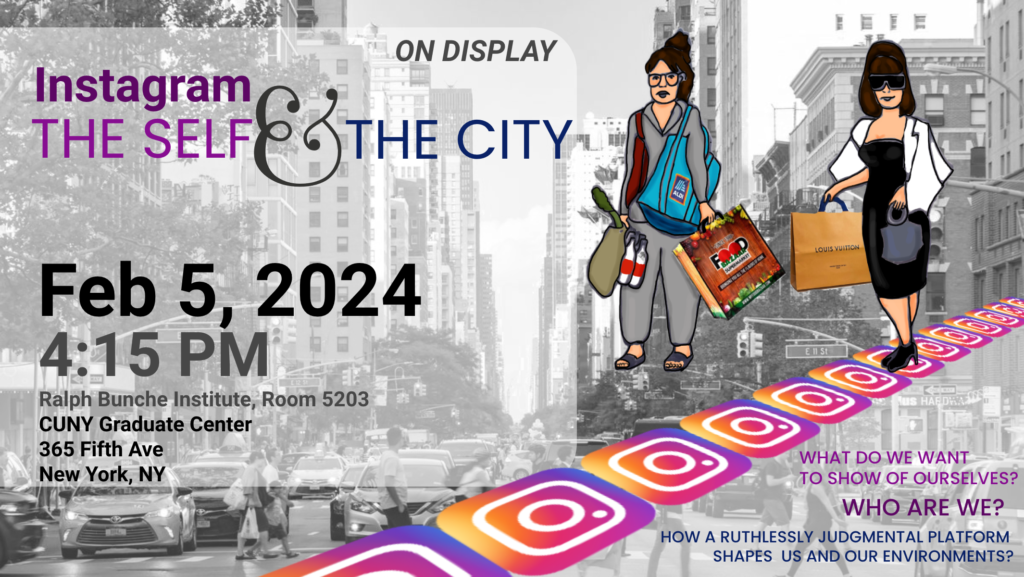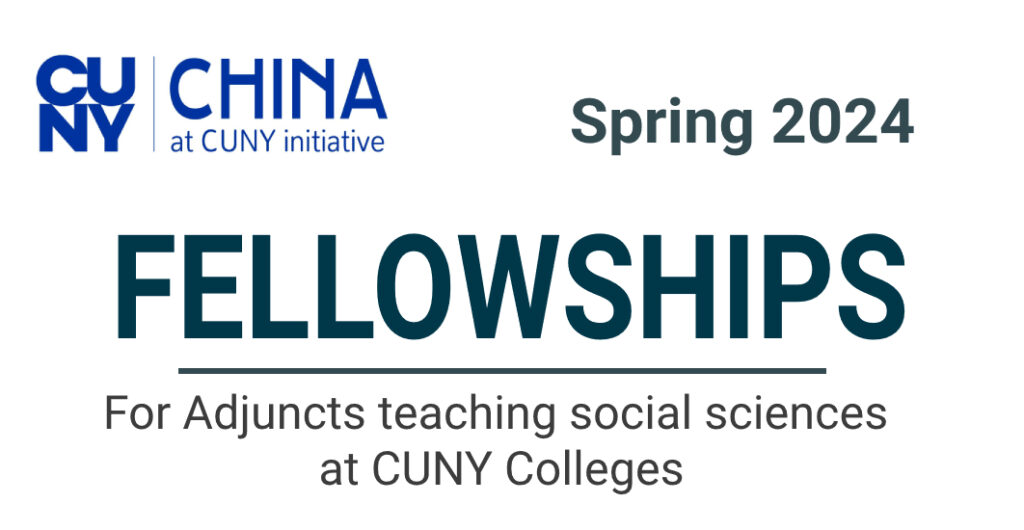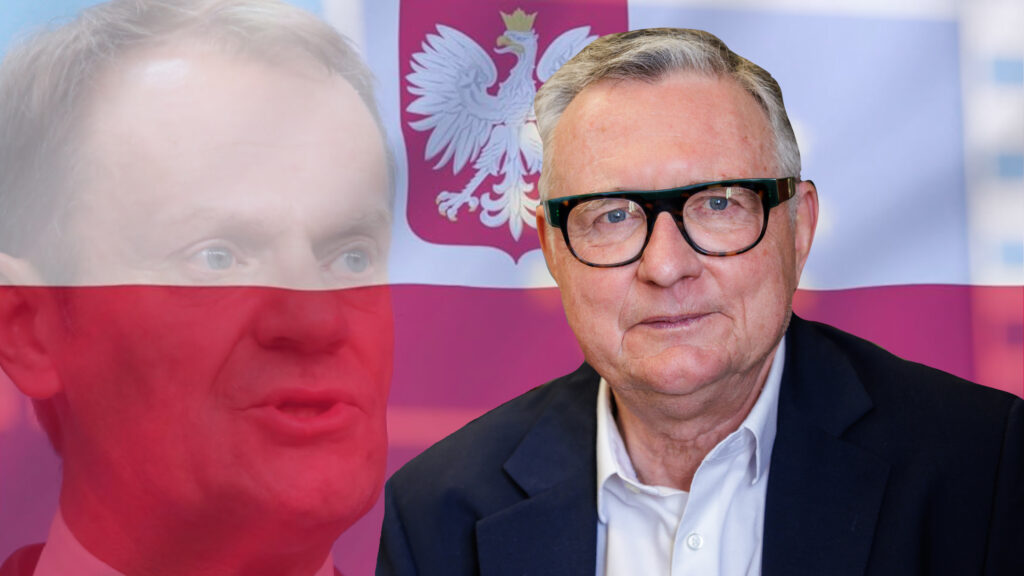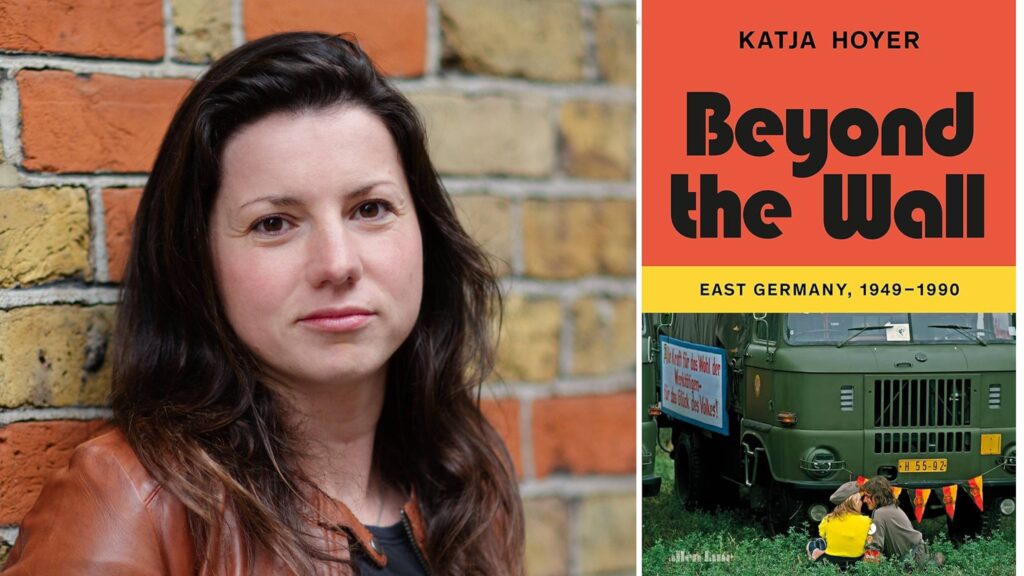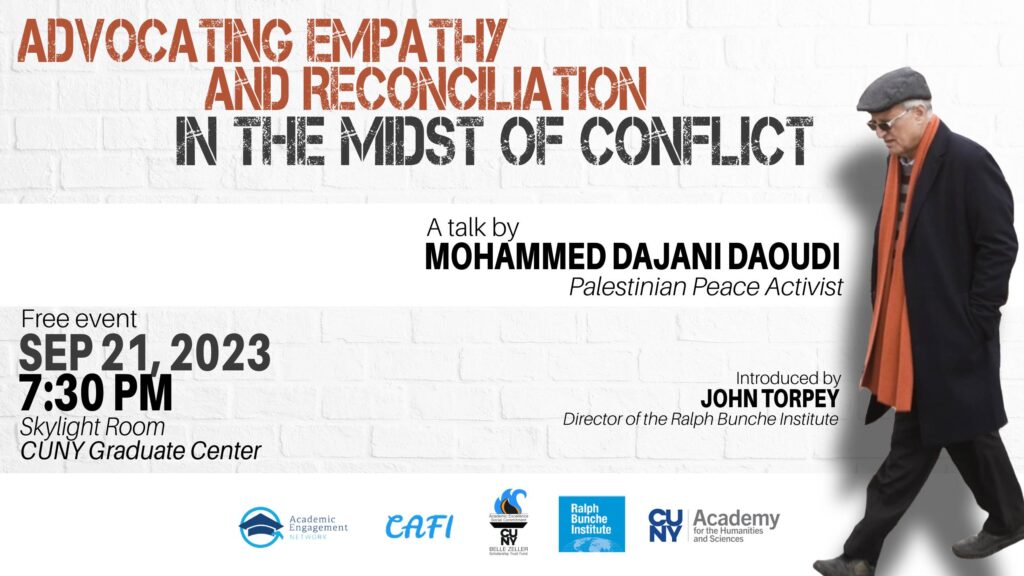This article by Scott Busby, interviewed in our podcast (International Horizons) was originally posted by Just Security on February 13, 2025. While much of the
Kitty Calavita, Chancellor’s Professor Emerita of Criminology, Law and Society at the University of California, Irvine, discuss the historical context and implications of Operation Wetback, a 1954 U.S. mass deportation of Mexican immigrants, and its relevance to President-elect Donald Trump’s proposed mass deportation plans. Calavita explains that Operation Wetback aimed to address the economic utility of undocumented workers and political backlash against them, particularly during a recession and Cold War rhetoric. She highlights the logistical challenges of such operations, including the integration of immigrants into various industries and the legal protections against random stops. Calavita suggests that while high-profile roundups may occur, a massive deportation campaign is unlikely due to economic and logistical obstacles.
A major national election looms and the leader who years earlier had encouraged an insurrection is campaigning to a devoted audience. Politically tinged trials unfold
In this episode of International Horizons, RBI director John Torpey interviews Gabriele Mazzini, a lawyer and officer of the European Commission and expert in AI
We begin this new season of International Horizons with an interview by RBI Director John Torpey with Neta Crawford from Oxford University and the Cost
Two billion people around the world use Instagram, but so far social scientists have done little research on the platform. Despite Instagram’s reputation for shallowness,
This fellowship program is the next iteration of the China at CUNY Initiative (CACI). The goal is to enable GC students who are, or will
In this episode of International Horizons, RBI’s Director John Torpey interviews Grzegorz Ekiert, Chair of the Center for European Studies at Harvard University, a propós
In this episode of International Horizons, RBI director John Torpey interviews historian and journalist Katja Hoyer about her book Beyond the Wall: A History of

